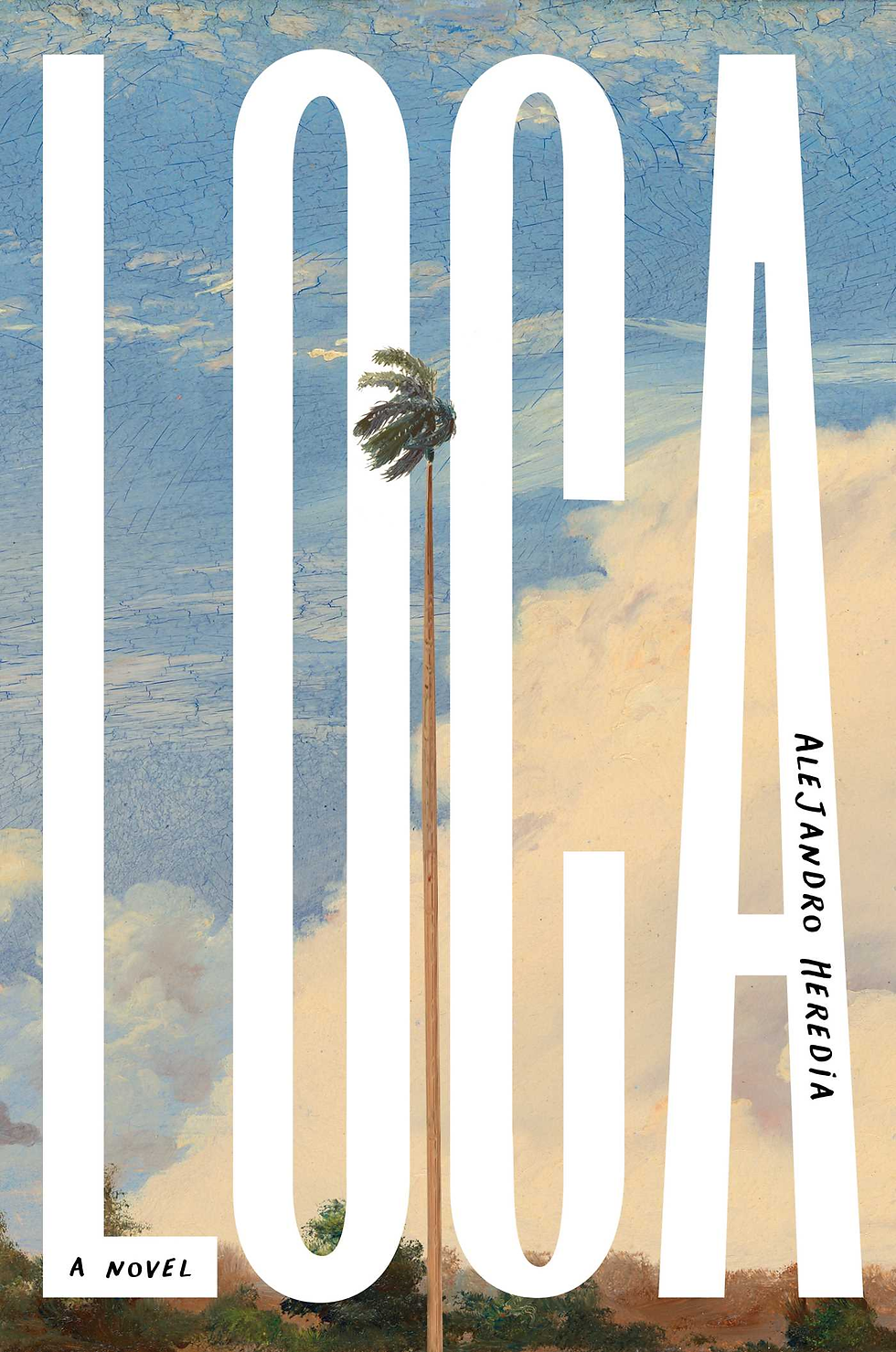"Blood on the Fogón": How Elba Iris Pérez Captures the Brutal Beauty of Growing Up Between Worlds
- Elizabeth Casul
- Sep 6, 2025
- 3 min read

The Things We Didn't Know cuts deep. In her 2023 debut novel, Elba Iris Pérez doesn't just tell the story of Andrea, a young Puerto Rican girl who navigates life between the island and a Massachusetts factory town in the 1960s— and, in the process, excavates the raw, complicated truth of what it means to exist in the hyphen between identities.
This semi-autobiographical novel lands like a punch to the chest because Pérez refuses to sanitize the migrant experience. Instead, she offers something far more valuable: an unflinching look at how families fracture and heal under the weight of assimilation, how racism operates both outside and within our own communities, and how resilience grows in the most unlikely soil.
Andrea's struggle to define herself becomes the novel's beating heart, reflecting a migration story that transcends any single family's experience. Living in Woronoco, miles and worlds away from her Puerto Rican roots, Andrea faces relentless pressure from her father to embrace what he sees as the "American Dream."
"Why can't you be like everyone else? Forget the Puerto Rico stuff, we're not over there anymore."
This plea from Andrea's brother Pablo captures the impossible choice facing so many young Latinx Americans: abandon your roots or remain forever other. When Andrea's Thanksgiving drawing—a vivid memory of her aunt Machi killing a turkey on her fogón, blood and all—draws classroom ridicule, we witness the moment when cultural authenticity becomes a liability. Her classmates' cruel laughter ("That's a Puerto Rican turkey that just got killed. That's why it has blood") transforms a beautiful memory into shame.
Pérez's genius lies in recognizing that identity isn't fixed—it's fluid, shifting with circumstances and time. Through Andrea and Pablo's experiences, she shows us that belonging requires more than surface-level assimilation. You can eat turkey on Thanksgiving and speak perfect English, but if you're carrying the weight of two worlds, the hyphen between them becomes both bridge and battleground.
Perhaps the novel's most devastating moments occur not in hostile classrooms but within Andrea's own family. When she shares a photo of Arturo, a potential romantic interest, her father's immediate response cuts to the bone: "But this man has pelo malo. This man is Black." To this, Andrea responds:
"I wish you'd both stop with the pelo malo thing. There is no such thing as good or bad hair. It's just hair. This is unacceptable."
Andrea's pushback represents more than teenage rebellion—it's a generational reckoning with colorism that has poisoned Latinx communities for centuries. Pérez doesn't shy away from this uncomfortable truth. She forces us to confront how proximity to whiteness operates as currency within our own families, how hair texture and skin tone become measures of worth, how we police our own boundaries in ways that wound deeper than any external racism.
This confrontation creates a lasting rift between Andrea and her father, one that shadows even her wedding day. It's a price many of us recognize—the cost of challenging embedded prejudices that our elders mistake for protection.
Sibling Sanctuary
Amid this cultural chaos, Pérez offers us the redemptive power of sibling bonds. Andrea and Pablo's relationship provides the novel's emotional anchor—an unwavering connection that survives pressure, displacement, and family fractures. Their shared understanding becomes a form of resistance, a way of maintaining their authentic selves even as the world demands they choose sides. These moments of connection ground the novel's heavier themes, reminding us that resilience often grows not from individual strength but from the relationships that hold us steady when everything else shifts.
What makes The Things We Didn't Know essential reading isn't just Pérez's storytelling craft—though her prose is both heartfelt and vivid—but her willingness to honor complexity. She doesn't offer easy answers or neat resolutions. Instead, she gives us something more valuable: recognition.
For readers who've felt the pull of multiple worlds, who've navigated the impossible geography of hyphenated identity, who've faced the choice between authenticity and acceptance, Pérez's novel feels like coming home. Her voice is both personal and universal, capturing experiences that are simultaneously deeply specific and broadly shared.
This isn't just a coming-of-age story—it's a cultural reckoning wrapped in gorgeous, painful prose. Pérez has written a book that will stay with you long after the final page, one that demands we examine not just how we see ourselves but how we allow others to see us. In a literary landscape that often reduces Latinx experiences to stereotypes or sanitized narratives, The Things We Didn't Know offers something revolutionary: the messy, complicated, beautiful truth of who we are when we're caught between worlds.



Comments